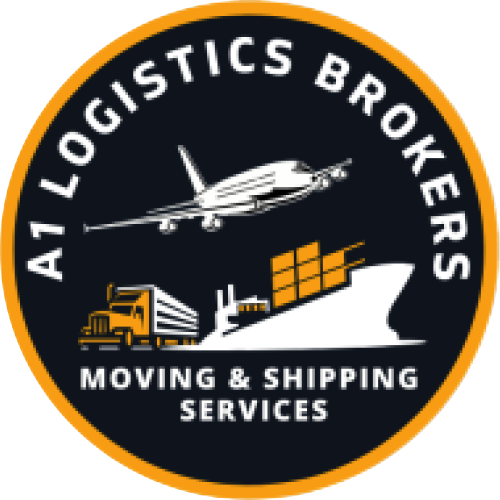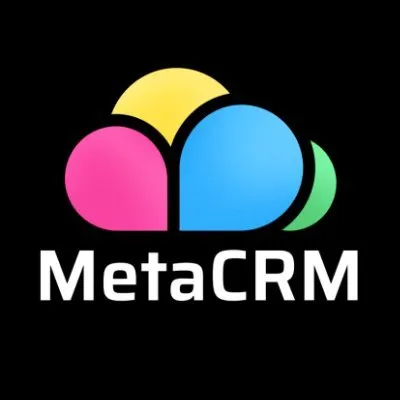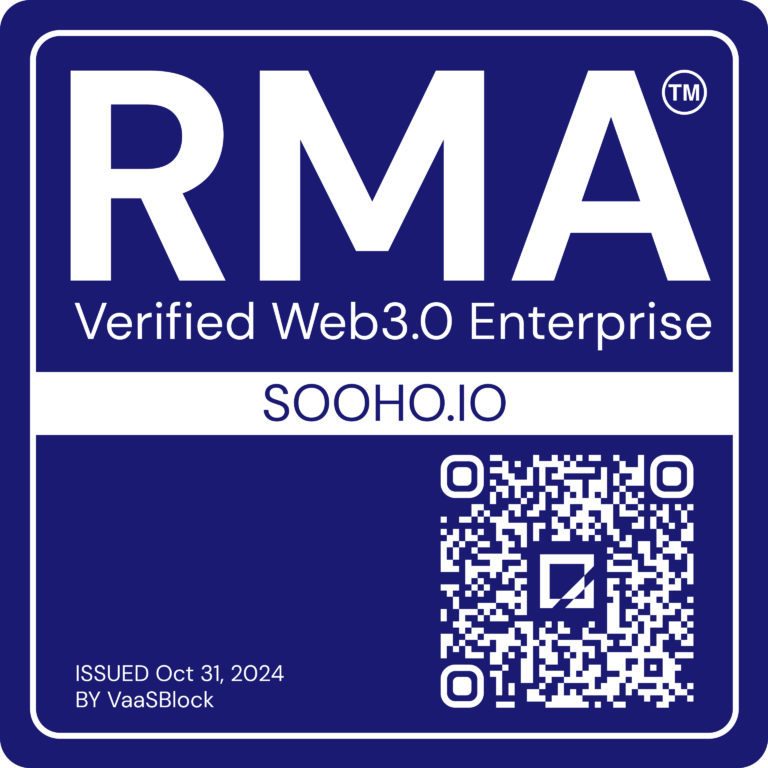Blockchain in Logistics
Logistics Organizations focus on transforming Supply Chain management and transportation systems through blockchain and innovative technologies. These initiatives include decentralized Platforms for tracking and verifying goods, smart contract-enabled Shipping Solutions, and Inventory Management systems. By improving transparency, efficiency, and security, these projects help reduce fraud, streamline operations, and enhance trust among stakeholders. From global trade to last-mile delivery, they are redefining how goods move across the World in a connected ecosystem.

Sooho.io
SOOHO.IO is a leading company in providing managed blockchain services for institutions and enterprises. It enhances its own digital asset technologies and partners’ blockchain service to meet custo… Read More
Risk Mgt.
Technology
Marketing
Background

Logixtic®
Logixtic® is a cloud-based software platform created to help freight forwarders, logistics operators, and import/export companies across Latin…

A1 Logistics
A1 Logistics Brokers is a dynamic leader in transport and freight services across Asia, offering comprehensive and tailored…

Safary Club
Safary.club positions itself as a Web3 information platform and community designed to empower crypto projects and professionals with…

MetaCRM
MetaCRM is a customer relationship management (CRM) platform tailored for the Web3 ecosystem. Designed to integrate both on-chain…

Birdeye
Birdeye.so is a platform that positions itself as a data aggregator and analytics tool aimed at the Web3…
Frequently Asked Questions (FAQ)
How is blockchain used in logistics?
Blockchain is revolutionizing logistics by providing a secure, transparent, and immutable record of transactions across the supply chain. This allows businesses to track shipments in real-time, ensuring greater visibility and accountability. By automating processes like inventory tracking and supplier verification, blockchain reduces human error and prevents fraud. For example, smart contracts can automatically trigger payments when goods reach specific checkpoints, eliminating the need for intermediaries. Furthermore, blockchain enhances regulatory compliance by maintaining detailed records of goods’ origins and movements. These capabilities streamline operations, reduce costs, and improve trust between stakeholders.
Which company uses blockchain in supply chain?
Many leading companies are integrating blockchain into their supply chains to enhance transparency and efficiency. Walmart uses blockchain to track food products, ensuring faster identification of contaminated goods, which boosts safety. Maersk’s TradeLens platform leverages blockchain to manage global shipping data, reducing paperwork and streamlining communication between parties. IBM collaborates with various industries to provide blockchain solutions for supply chain management. Additionally, Amazon has explored blockchain for logistics optimization, focusing on streamlining processes and enhancing customer experiences. These examples highlight the transformative potential of blockchain in modern supply chain operations.
What is the blockchain in supply chain?
Blockchain in supply chain management refers to the use of a decentralized, distributed ledger to monitor the movement of goods from origin to destination. This technology ensures transparency by recording every transaction and event in an immutable format, accessible to all authorized participants. By using blockchain, companies can verify product authenticity, track expiration dates, and streamline supplier onboarding. It also enhances regulatory compliance by providing auditable records of every stage in the supply chain. As a result, blockchain increases operational efficiency, reduces disputes, and fosters trust among stakeholders in complex supply chain networks.
What is blockchain in shipping?
Blockchain in shipping refers to the use of blockchain technology to enhance maritime logistics operations. It provides secure, transparent, and real-time tracking of shipping activities, from cargo documentation to port management. By reducing reliance on paper-based processes, blockchain minimizes errors and delays, ensuring smoother operations. Platforms like Maersk’s TradeLens and Hapag-Lloyd’s blockchain initiatives demonstrate the technology’s ability to reduce fraud and improve efficiency. Blockchain also enables better coordination between shipping companies, customs, and insurers, ensuring seamless communication and data sharing. This transformation is setting new standards for the shipping industry.
Will blockchain speed up shipping?
Blockchain can significantly speed up shipping by addressing inefficiencies and bottlenecks in traditional supply chain processes. For example, it reduces delays caused by manual paperwork by digitizing and automating documentation through smart contracts. Real-time tracking of shipments helps identify issues, such as delays or theft, early on, enabling faster resolution. Additionally, blockchain improves coordination between stakeholders, including shippers, carriers, and customs officials. This enhanced visibility allows for better resource allocation and reduced idle times. By streamlining these processes, blockchain not only shortens delivery times but also improves customer satisfaction and reduces overall shipping costs.










